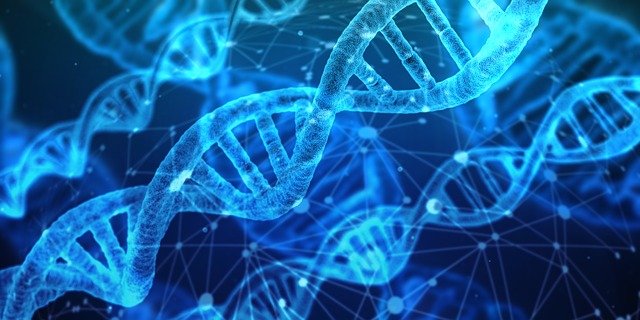
Why Does Science Matter In Daily Life
Science, indirectly and directly, influences every aspect of daily life. From food that we eat to the methods that we travel around, science can be found everywhere. Once you start understanding the variety of opportunities that can be learned, the relationship that exists between critical-thinking skills and science becomes apparent.
Starting when a child is very young, the subject of science can be used to shape and influence their development. After they start learning to make predictions, ask questions, test, observe and then communicate what they have found, they start to develop important science skills.
Here are some of the important reasons why children should be learning science:
Science assists children to develop essential life skills, including the ability to remain focused and organized, to communicate, and even start to form personal opinions according to observations. That is why it is important not to underestimate how powerful learning can become through play. When children are allowed to interact with their surrounding environment, this supports their intellectual-based development.
Kids are primed and eager to learn, and what these young children learn, often has an impact on what they are interested in when they start getting older. Studies and research have indicated that students start developing a keen interest in STEM (Science, Technology, Engineering, and Mathematics), during their elementary years. Having knowledge and interest in these areas offers career opportunities in the future. For readers who are based in the UK, you might want to do a Google search for ‘Bioprocessing UK‘.
Parents Are Interested In Helping Their Children Learn Science
One of the recent studies, conducted by SRI International and the Education Development Center, discovered that while 9 out of 10 parents actively assist their young kids to complete daily learning activities, only around 50% admit that the activities are based on science.
Even though parents are willing to help their kids with science-related topics, most say they lack either the confidence or tools. This, unfortunately, is one of the missed opportunities, and the concept relating to “science” is often overthought.
Science can be both fun and simple. Whether this involves observing ant colonies in your backyard or watching how a storm rolls in, these are both learning opportunities and everyday scenarios parents can use to teach their kids science-based topics.
Tips On How To Help Kids Learn Science
Exploring is the key to science. It is everywhere, and visits to your yard or a park offer a variety of opportunities to discover new things and to learn. You should be encouraging your children to ask questions about their surroundings, followed by a discussion. If you are not sure about something, research and then learn the answers together. You don’t have to know every answer, in fact, for parents, it can be beneficial for your child when you are asking the questions and you are also modelling curiosity.
Keep in mind, that science is a cumulative subject, meaning that kids build knowledge and experience from things they have already learned or know. Incorporate science-related topics as early as you can and have daily talks about science-based topics. It is also important to try and make it fun. Whether this involves baking a cake or heading out to watch the stars, these are all daily opportunities allowing you to talk about science.
You should also consider your children’s interests, social habits, and personalities. This allows you to think of engaging activities that make them feel comfortable and excited. Also keep an eye on what your children are interested in doing, as this improves their learning abilities.
Start buying equipment when your child asks to learn more. For example, a cheap microscope could transform your next trip to a pond into a day of learning and wonder. Various toys can help to get your children involved, including astronomy kits, kitchen-science experiments, ant farms, and so much more.